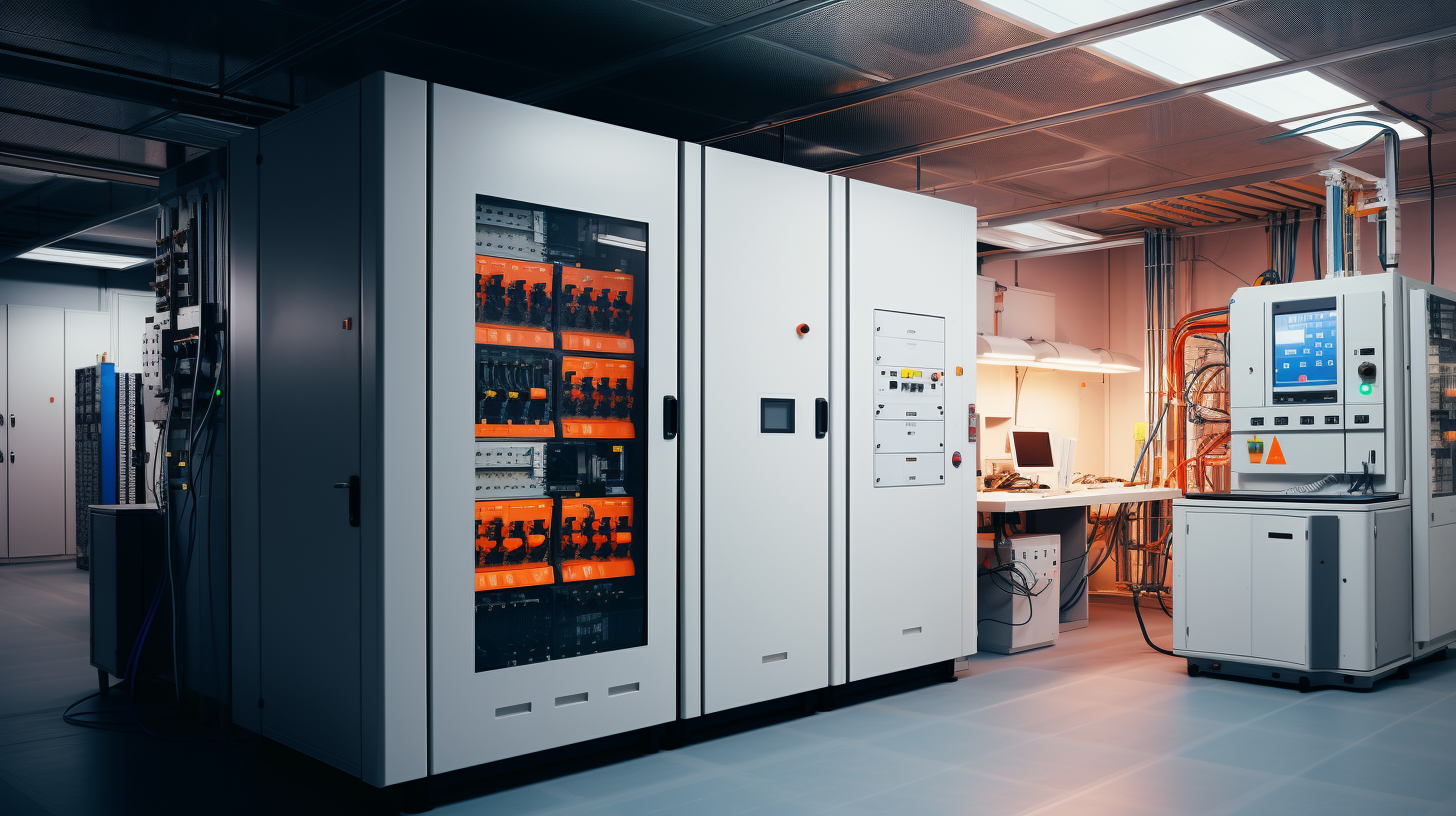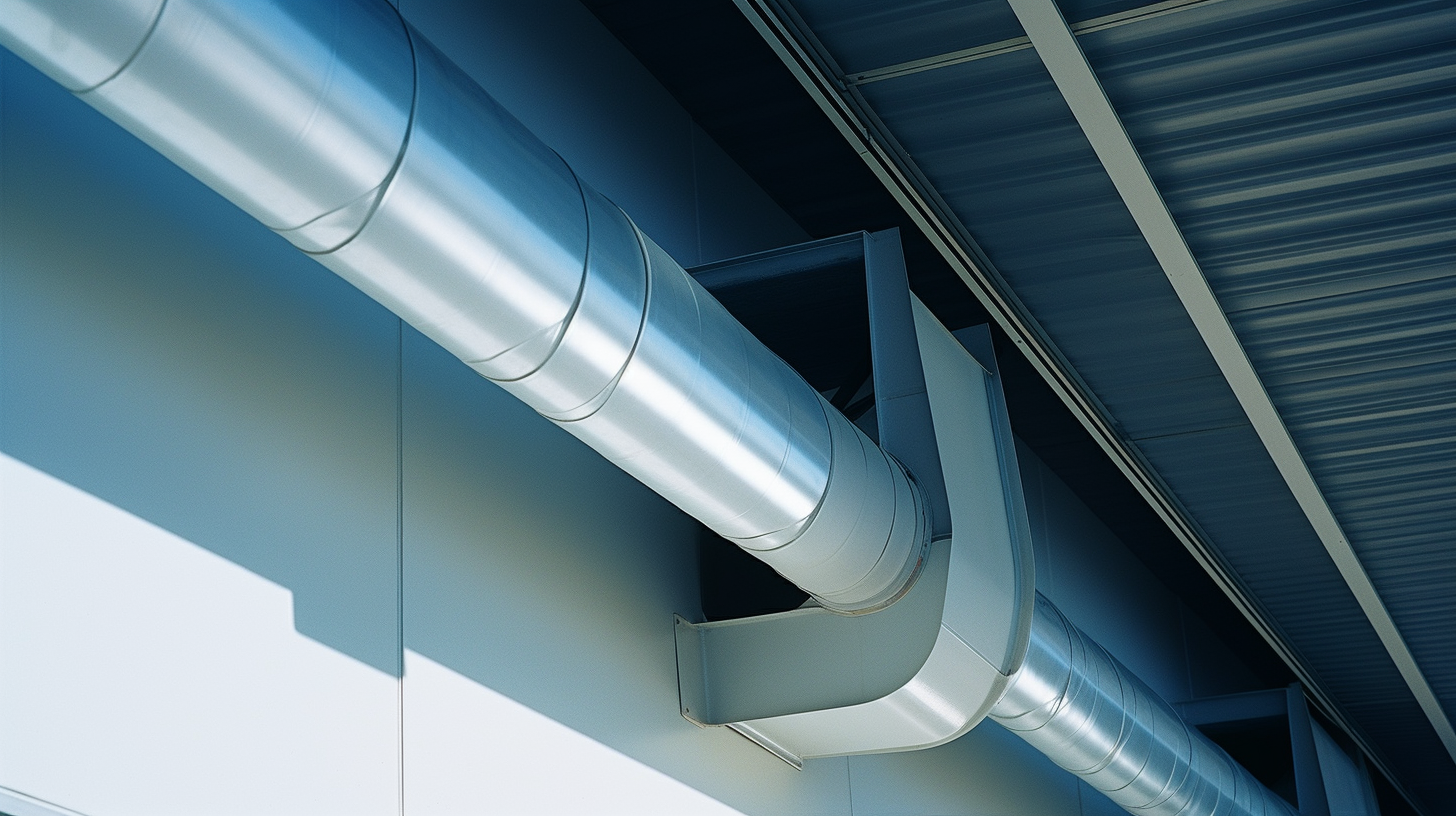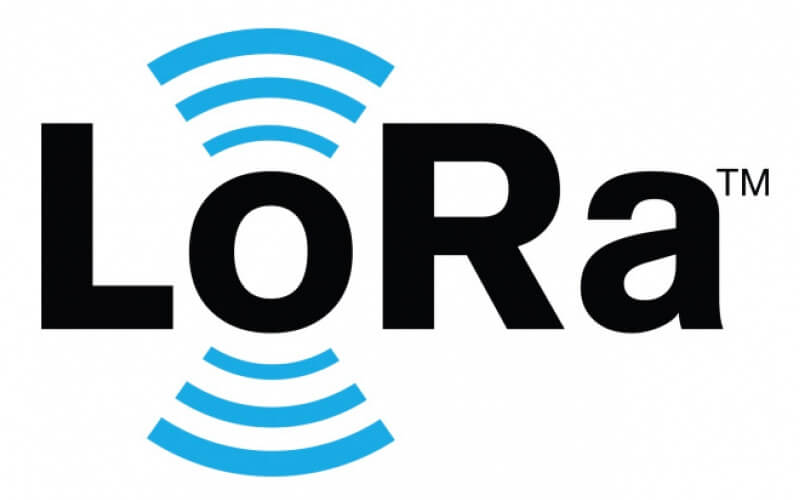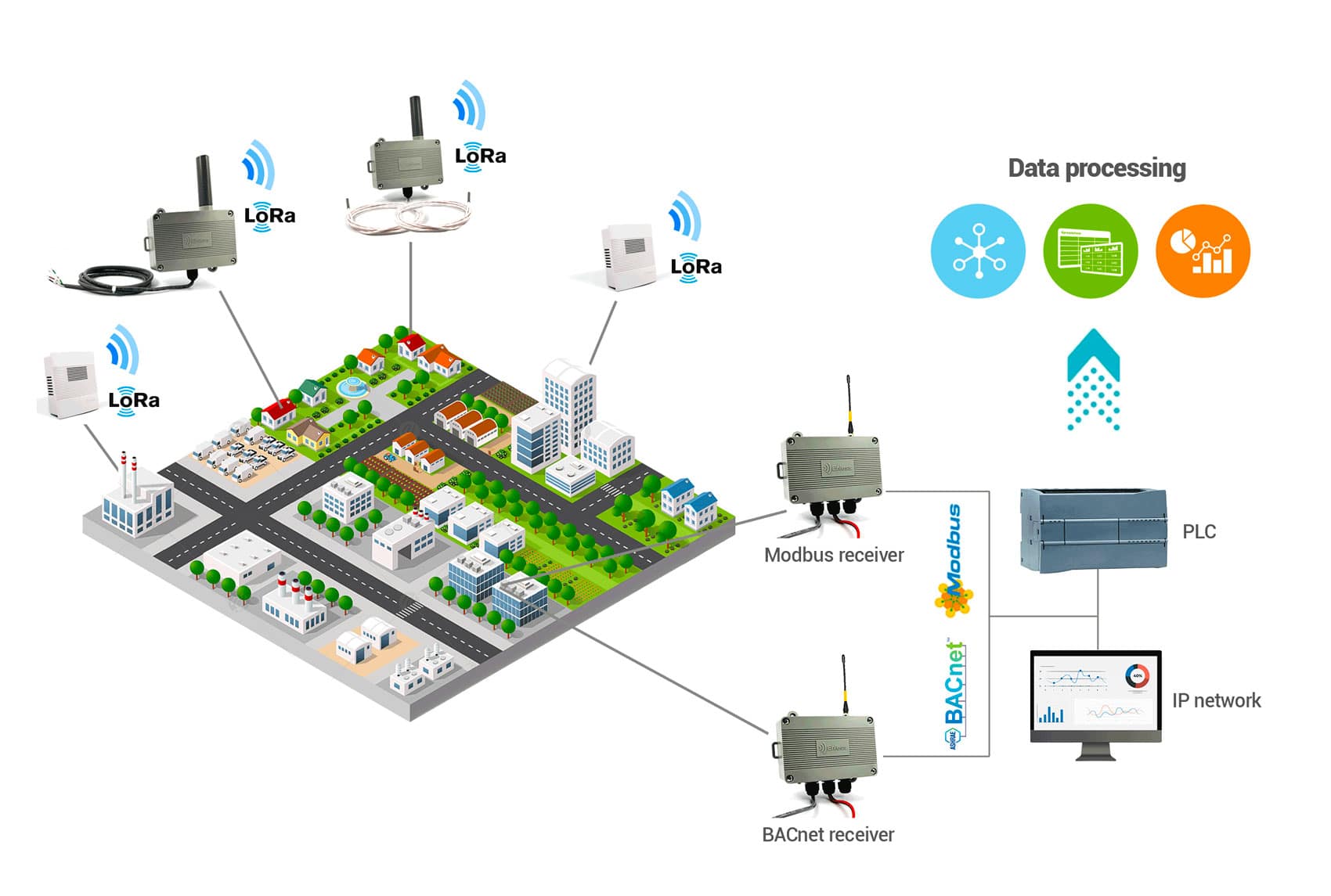Improving Building Energy Efficiency with BMS
Real-time Monitoring
BMS provides instant visibility into the building’s energy consumption. By monitoring real-time parameters such as temperature, humidity, and equipment usage, it allows for quick response to fluctuations, thus optimizing energy performance.
Intelligent Automation
BMS can automate processes to maximize energy efficiency. This includes automatic adjustment of heating, ventilation, and air conditioning (HVAC) systems based on actual needs, avoiding unnecessary waste.
Centralized Management
BMS offers a centralized platform to monitor and control all systems. This enables consistent and coordinated management, promoting optimal energy use at the building level.
Identification of Improvement Points
Through detailed analysis, BMS identifies weaknesses in energy consumption. This allows for targeted strategies to improve efficiency, thereby reducing operational costs.

The role of radio sensors in maximizing Building Energy Efficiency
The use of radio sensors within a BMS system, such as those offered by Enless, allows for real-time monitoring of crucial parameters such as temperature, humidity, air quality, and energy consumption…
This information enables the management of HVAC systems, thus avoiding energy waste. Enless radio sensors are also useful for detecting overconsumption at meters (water, electricity, gas…) and enable corrective actions to be taken.
Enless radio sensors use long-range and low-power radio protocols such as LoRaWAN, ensuring reliable transmission over long distances with minimal energy consumption. This results in extended battery life, reducing maintenance costs.

Radio Sensors Suitable for Tertiary or Industrial Applications
Enless sensors are equally well-suited for energy efficiency applications in tertiary or industrial environments.
For example, in tertiary applications, ambient sensors can be combined with heating optimizers by providing temperature data, while the optimizer uses this data to make informed decisions about heating. This combination allows for a significant reduction in energy consumption while maintaining optimal comfort for occupants.
Enless also offers a range of more robust sensors dedicated to energy efficiency applications in industrial environments. Enless sensors can, among other things, enable measurements of negative temperatures, remote relay control, temperature measurement in air ducts, measurement of analog signals…








